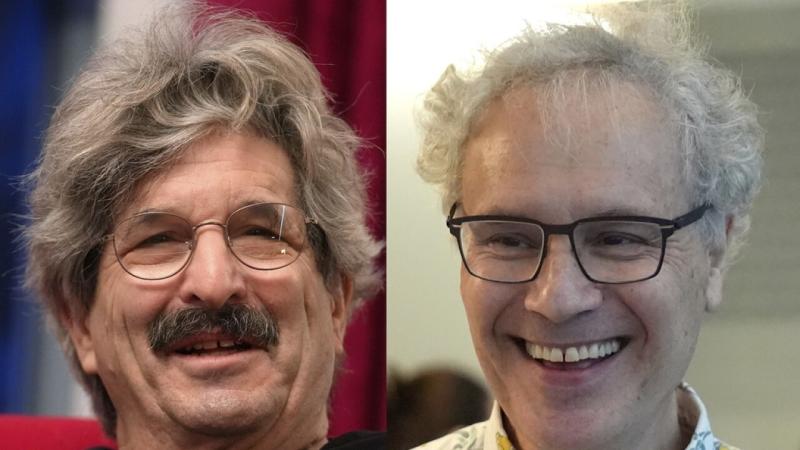"Victor Ambros and Gary Ruvkun Awarded 2024 Nobel Prize in Physiology or Medicine for MicroRNA Discovery"

- galaxy
- 08 Oct 2024 06:23 AM
- scientific research, Nobel Prize 2024, microRNA
In a landmark achievement for molecular biology, scientists Victor Ambros and Gary Ruvkun have been awarded the 2024 Nobel Prize in Physiology or Medicine for their pioneering discovery of microRNA and its pivotal role in gene regulation. Announced by the Nobel Assembly of Sweden's Karolinska Institute Medical University, the prize includes a sum of 11 million Swedish crowns (approximately $1.1 million).
The Nobel Prize in Medicine is the first of the Nobel awards announced each year, setting the stage for the prestigious series of honors that recognize breakthroughs in science, literature, and humanitarian efforts. The remaining Nobel prizes will be unveiled over the next few days.
The Nobel Prizes, established in the will of Swedish inventor Alfred Nobel, have a rich history dating back to 1901, honoring significant contributions across various fields. While most prizes are awarded in Stockholm, the Peace Prize is uniquely presented in Oslo, reflecting the historical political union between Sweden and Norway at the time of Nobel’s will.
Last year's medicine prize honored Katalin Kariko and Drew Weissman for their critical discoveries that led to the development of COVID-19 vaccines, showcasing the ongoing impact of scientific research on global health.
Ambros and Ruvkun join the ranks of esteemed past laureates, including Ivan Pavlov, renowned for his behavioral experiments with dogs, and Alexander Fleming, celebrated for his discovery of penicillin in 1945. Their work on microRNA has opened new avenues in understanding gene expression and regulation, fundamentally transforming the landscape of genetic research.
The Nobel ceremonies take place annually on December 10, commemorating Alfred Nobel's death, and culminate in a grand banquet at Stockholm City Hall. Meanwhile, festivities for the Peace Prize occur in Oslo, further emphasizing the diverse traditions surrounding these prestigious awards.







































